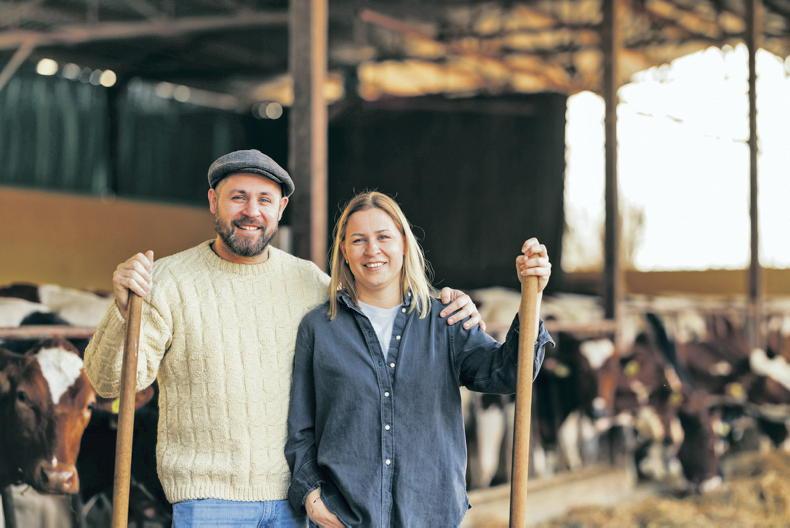Question: Two years ago, my husband inherited the family farm. We’ve been meaning to make a will since then but life has been busy and we kept putting it on the long finger. This year, we had a baby girl. She is our first child and now we are determined to sort out the will, to protect her should anything happen to us in the future.
We’ve reached out to our solicitor who asked us what we want to put in it, but with a farm, it can be complicated so we’re unsure where to start. We would like to make sure our young daughter is cared and provided for – even just to have something basic in place.
Have you any advice on what we should put in the will, or will the solicitor take care of all that?
Answer: Not having a will when you have children under the age of 18 years or if you have a child with special needs can be disastrous.
In most situations where there is no will and a spouse and children, the children will normally disclaim their share, leaving the surviving spouse as sole owner. This gives the widow/widower discretion as to how and when to divide the assets up.
A simple will can avoid a lot of these complications. However, without a will, your assets will be divided up according to the rules of intestacy. This means that if you are married and have children, your spouse would be entitled to two thirds share while the children equally would be entitled to the other one third share.
Children
It’s really important to have a basic will if you have young children. The most common will in this situation is spouses leaving property to each other and thereafter on discretionary trust for the benefit of the children until the youngest child is 21.
A discretionary trust tax of 6% of the value of the trust normally kicks in if the assets are not distributed out of the trust before the youngest beneficiary is 21 years thus why that age limit is used.
Other decisions to be considered are who to appoint as guardians of the children, normally this is a brother or sister.
Also consider who to appoint as trustees. Normally this is at least two people who would be business savvy and would be able to manage the farm until the assets are distributed out of the trust to the children. The parents can write a letter of wishes as to how they would like the assets to be divided up.
Generally, a child with additional needs is in receipt of a disability allowance and medical card. There is a means test to qualify for a disability allowance.
The first €50,000 of savings or investments will not affect the payment. In the same way, a medical card is generally means tested.
Savings, investments or property up to €36,000 for a single person is disregarded. Thus if a parent leaves more than this amount to a child, it can reduce or disentitle the child to the disability allowance and the medical card. For this reason parents often leave assets or money on trust for the benefit of that child. This trust is created under a parent’s will so it would not come into effect until that parent dies.
This means that the child would not get access to those assets or money unless the trustees transfer the money or assets out of the trust for the benefit of that child.
The trustees are appointed by the parents under the will and would normally be brothers or sisters of the child with additional needs. The trustees can decide if and when to make payments and thus be mindful of not exceeding the thresholds for the disability allowance and medical card.
Succession plans
It is worth having a conversation with your spouse as to what your wishes would be in connection to the farm, should something happen unexpectedly. It can be really difficult for a widow/widower to have to make those big decisions, not having their spouse as a trusted advisor to bounce ideas off.
Often they are left wondering what their spouse would do if they were alive.
So having the conversation to say whether you would be comfortable with the farm being leased or sold or indeed whether it should be divided up or left to one or more children or nieces/nephews should be discussed.
While you might not know at this stage how to divide up assets between a family, having a conversation to give your spouse a steer could be invaluable in terms of helping them to make a decision.
Disclaimer: The information in this article is intended as a general guide only. While every care is taken to ensure accuracy of information contained in this article, Aisling Meehan, Agricultural Solicitors and Tax Consultants does not accept responsibility for errors or omissions howsoever arising. Email aisling@agrisolicitors.ie
